by Jim Drever | Sep 15, 2022 | Biz Tips
I recently returned from a business trip, so this topic is fresh on my mind. There are a lot of different levels of protection you may need depending on where you are going and what information and communication you have to keep from prying eyes. Here is what I generally do before heading out for a domestic trip.
For my laptop, I make a full backup before I leave. If something happens to it, when I return, I can start from where I left off. Under system settings I make sure my disk is fully encrypted so that if it is stolen nothing, including personal data, is accessible. Assuming you practice good cybersecurity hygiene, your laptop will be protected with a strong password and you will keep the general settings set securely. I also make sure that I don’t travel with sensitive information that is unrelated to my trip. For example, if you work for a medical company, unless you are visiting patients, you should never have patient files with you
I back up my phone and tablet before I leave as well, although I am not as worried if they are lost or stolen while traveling. Unless you have a lousy pin/password, they are very difficult to break into and easy to track down. I set my device settings to not connect to WiFi networks automatically, and to not automatically accept any incoming Bluetooth signals or other connections.
Bonus tip: Make sure you bring an auxiliary battery or charging pack for your devices. After a trip to San Diego during the great 11-hour San Diego Power Outage in 2011, I now make it a point to always have a backup battery to charge my phone (and cash for dinner since most could not accept credit cards).
Once I am on the road I use a paid VPN (Virtual Private Network) to access the internet. There are a bunch of VPNs out there that charge a couple dollars/month for several devices. By using a VPN, especially a paid one, I know my communications from my device to the provider are encrypted, safe and private from people lurking on hotel WiFi networks. While free VPNs exist their security rating is dubious because it could just be someone with a computer who lets you connect via it as a VPN and then watches what you do on the computer, so I would highly recommend paying for secure VPN access. I use the same VPN on my phone and tablet. VPNs on your devices show up as an app that you can easily configure including where geographically you want to connect to/from. This is handy if you work with an information management system that won’t allow foreign internet connections and you need to connect and bypass those filters.
If I do not trust my conference or hotel WiFi, I use my cell phone as a hotspot. It shares a WiFi connection that I can use with my computer and tablet. Cell phone hotspots are extremely safe, but often lack speed and can use a lot of data from your cell phone plan.
Finally, don’t plug into cables, USB drives or any device you do not absolutely trust. There are so many cables, USB drives, basically anything that when plugged in can emulate a keyboard typing in codes to execute or install malware or other goodies. If you would like to find out more about this, explore the penetration hardware company, Hak5 (www.hak5.org). It is worth looking at to see what various forms of innocuous looking devices are out there that can put you and your devices at risk.
If you have any concerns about keeping your personal data or business data safe on your next trip, connect with your Wyoming SBDC Network business advisor or reach out to me directly for cybersecurity counseling. The Wyoming SBDC and our team of experts will find you the training and resources you need to ensure that your data remains secure.
About the Author: Jim Drever was born in Laramie, WY. Although he considers Wyoming home, Jim spent several years abroad studying and working in places like Japan, Switzerland, Scotland and Germany. He has also worked as Marketing Director for a local software company.

